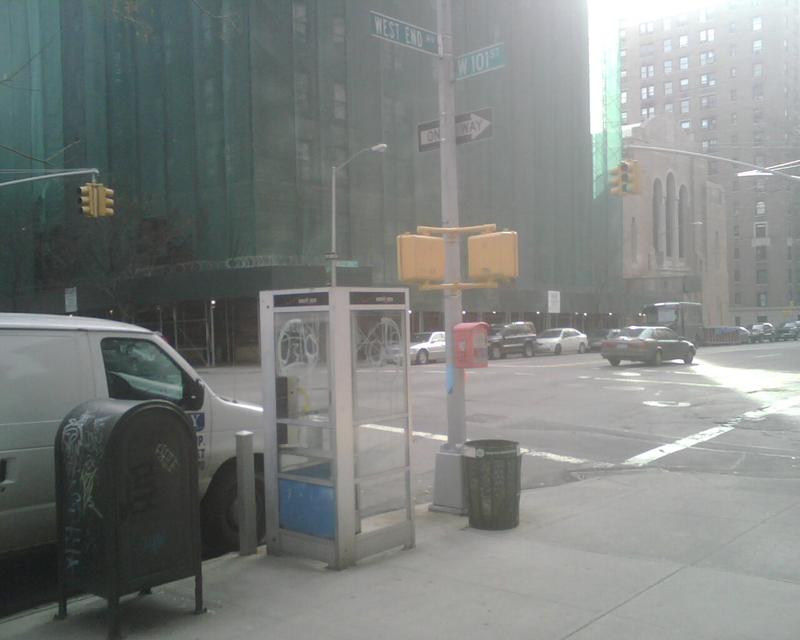The Bookie, The Phone Booth, and The FBI
The Bookie, The Phone Booth, and The FBI
This week, Note to Self gets in our time machine, back to the court cases that brought privacy from the founding fathers to Google Docs. Stories of bookies on the Sunset Strip, microphones taped to phone booths, and a 1975 Monte Carlo. And where the Fourth Amendment needs to go, now that we’re living in the future.
The amendment doesn’t mention privacy once. But those 54 little words, written more than 200 years ago, are a crucial battleground in today’s fight over our digital rights. That one sentence is why the government can’t listen to your phone calls without a warrant. And it’s why they don’t need one to find out who you’re calling.
But now, we share our deepest thoughts with Google, through what we search for and what we email. And we share our most intimate conversations with Alexa, when we talk in its vicinity. So how does the Fourth Amendment apply when we’re surrounded by technology the Founding Fathers could never dream of?
With Laura Donohue, director of Georgetown’s Center on Privacy and Technology. Supreme Court audio from the wonderful Oyez.org, under a Creative Commons license.
If you want to visit a phone booth, there are four left in New York City. They’re all on West End Avenue, and there’s even a kids book about them.
